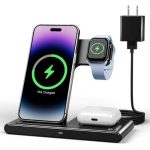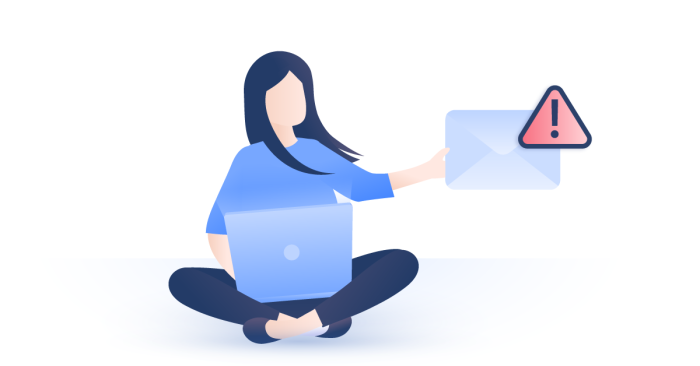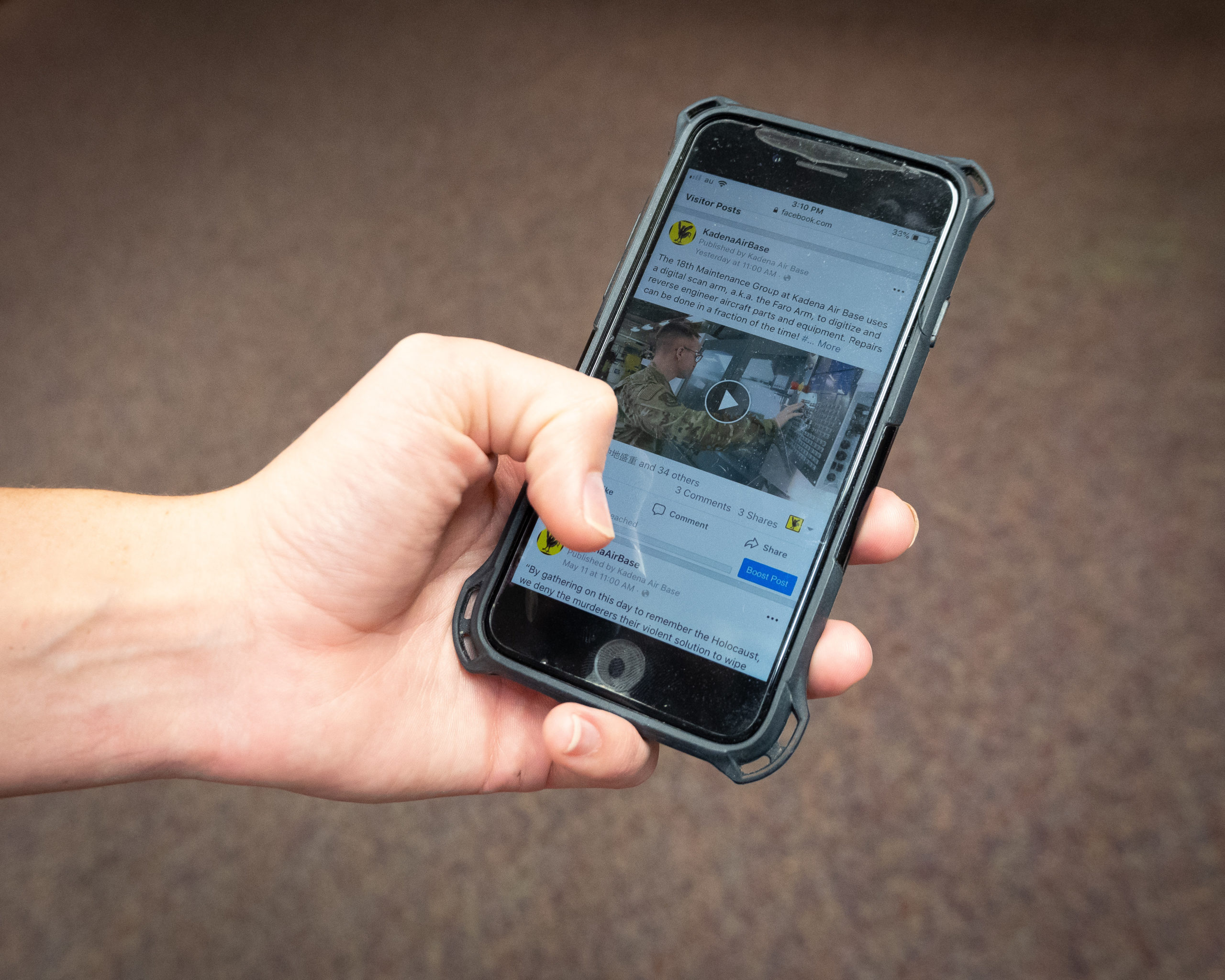
Using massive data breaches, advertisers tracking your every move online, and malicious people using the photos you shared on social media to hurt you, there are enough reasons to think about Top Cybersecurity Tools very seriously. It is time to avoid being a victim and take control of your data. And, this is how to go about it.
Tools to Protect Your Privacy Online
There are many tools out there that you can use to avoid cyber-attacks, unauthorized data access, identity theft, and other cyber atrocities. Here are some of the most effective Top Cybersecurity Tools you should consider using.
VPN
A VPN (a Virtual Private Network) gives you privacy and anonymity online by generating a personal internet connection from a public network. Simply put, VPNs hide your internet traffic, search history, and location from all kinds of online threats.
Downloading a VPN for security is especially important if you continuously use public Wi-Fi available at coffee shops, libraries, and other public places.
Safe Browser
If you are using a VPN already, you may not need to use a safe web browser such as Tor and DuckDuckGo. But if you don’t, these browsers will come in handy. They will help protect your internet traffic to a certain degree as their privacy policies guarantee that your browsing history and personal information would not be tracked or stored. The best part is that they are free to download.
While a secure browser may hide your browsing records, it cannot do the same to your IP address or location. So, if staying private is essential to you, then consider using a VPN even as you use a private browser.
Quality antivirus software
A good quality antivirus software will help keep hackers from taking over your device, tracking your location, and accessing your personal data.
And once installed, don’t forget to keep updating this software to the latest version so that it can properly take care of the latest spyware, malware, and other viruses. Accept the updates as soon as they are made available.
Password Manager
Passwords are terrible; you have to keep changing them and remember them or risk being locked out of your accounts. But, we don’t have a better, universal replacement, so we have to keep using them.
For security, use a strong, non-guessable password for every account. Also, ensure you use a different password for each of your accounts and keep changing it. The best way to do all these is to use a password manager.
Employ Two-Factor Authentication
2FA is a must in today’s world where passwords are cracked all the time. Whenever possible, turn on two-factor authentication on sites that store personal data or email. If your device supports 2FA, then turn it on. 2FA ensures that even if an attacker succeeds in guessing your password, they will not be able to access your device as it will require a second authentication: biometric trait, smart card, TPM chip, USB device, cellphone, and so on.
Use HTTPS
The address bar link of your browser will either start with “https” or “http.” The second option means the connection between the browser and you are open, meaning anyone who wires into your internet network can see everything you are doing. Always use HTTPS as it is more secure.
Some sites have HTTPS by default while others have it as an option. You can always tell you are using https when you see a lock symbol in the address bar. However, if the lock is crossed, it means something is wrong with your encryption and that your connection may not be protected.
For sites with no “https” at all, you can download a browser extension like HTTPS Everywhere to help you encrypt your browsing.
Use Dummy Credit Cards
Using your actual credit card details increases your vulnerability online. So, whenever you can, consider using a dummy credit card on accounts such as Netflix, Spotify, or App subscriptions, especially when signing up for the free trials.
Check your Social Media Privacy Settings
You’ll be surprised at how much information your social media accounts have about you. The sad part is that a lot of this information is visible to anyone online by default. That’s why it’s advisable to check your privacy settings.
You need to make a conscious decision about what information you are willing to share with strangers, with your friends, or with just yourself.
Keeping yourself safe online doesn’t have to cost you an arm and a leg; in fact, it’s almost free. You just have to twerk your browser settings here and there and include a few paid tools like VPNs and antivirus software. Use the above Top Cybersecurity Tools to ensure online privacy and security even as you enjoy all that the World Wide Web has to offer.
I believe in creativity and try to express the same with my words. I enjoy writing and keeping myself in touch with the books.
RELATED ARTICLES
Latest Articles
 The Role of Claims Agencies in Holding A…In Tips
The Role of Claims Agencies in Holding A…In Tips How Embracing Cloud‑Native Strategies Tr…In Technology
How Embracing Cloud‑Native Strategies Tr…In Technology Poorvika Mobiles Pun: Best Place for You…In Technology
Poorvika Mobiles Pun: Best Place for You…In Technology Why Choosing the Right NEET Coaching Mak…In Education
Why Choosing the Right NEET Coaching Mak…In Education Unwrap Wonder: Hamper Gifts That Celebra…In Tips
Unwrap Wonder: Hamper Gifts That Celebra…In Tips Never Run Out of Battery: Essential Mobi…In Technology
Never Run Out of Battery: Essential Mobi…In Technology The Shocking History of the Drop Bear: A…In General
The Shocking History of the Drop Bear: A…In General Why The People Next Door Might Be Costin…In Business
Why The People Next Door Might Be Costin…In Business
stopie.com is a participant in the Amazon Services LLC Associates Program, an affiliate advertising program designed to provide a means for sites to earn advertising fees by advertising and linking to Amazon.com.
Clicking on an Amazon link from stopie.com does not increase the cost of any item you purchase.
We will only ever link to Amazon products that we think our visitors may be interested in and appreciate learning more about.



